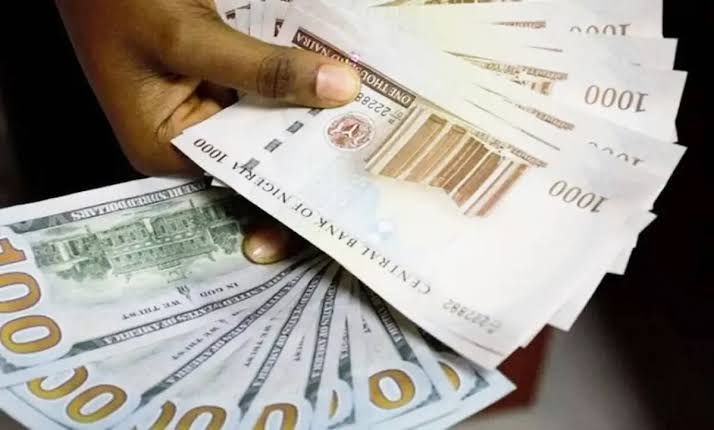Following a flurry of reforms by the Central Bank of Nigeria, forex turnover at the official foreign currency market soared to $23.29bn within over six months of trade.
Between January and June, the value of the naira in relation to the US dollar fluctuated between N980 and N1,500, according to data by The PUNCH.
At the end of trading on Friday, the naira was valued at N1,485 versus the US dollar.
According to an analysis of reports and data on daily foreign exchange transactions recorded on the website of FMDQ Securities, a platform that disseminates official foreign exchange trading in the nation, the amount increased by 15%, or $0.6 billion, through the Nigerian Autonomous Foreign Exchange by Deposit Money Banks between January and June 21st.
The principal currency vendors at NAFEM are commercial banks, the CBN, and foreign oil companies.
$4 billion worth of FX transactions were sold in January, according to an analysis. In February, it rose by 46.5%, or $1.86 billion, to $5.14 billion.
However, the amount fell to $4.7 billion in March and $2.5 billion in April. Dollar sales reached $4.60 billion in May, up $2.1 or 84%.
A more detailed analysis of the dollar supply revealed that the forex market had a $4 billion turnover in January and grew by $3.3 billion in the two weeks that followed the introduction of a new rule that required banks to sell any surplus dollar stock they had within 24 hours in order to promote liquidity in the FX market.
The supply steadied in the ensuing weeks, reaching $890.65 million between February 19 and February 23. This inflow grew to $953.02 million for the week of February 26–March 1.
A $4.7 billion deal was sold in March, according to data gathered by the FMDQ Security Exchange, which indicates that market liquidity has increased.
Unification of exchange rate windows, liberalisation of the foreign exchange market, elimination of banks’ and airlines’ FX backlog obligations, establishment of a Price Verification System, limitations on banks’ Net Open Position, elimination of the daily cap of N2 billion on remunerable Standing Deposit Facility, and reorganisation of the Bureau De Change division are some of the major reforms.
Forex turnover, which shows the total value of all foreign exchange transactions completed within a given timeframe and offers insights into the liquidity and liveliness of the forex market, is a crucial metric in the financial industry.
High turnover rates indicate a highly active market with numerous participants engaging in buying and selling currencies, which can signal investor confidence and economic stability.











